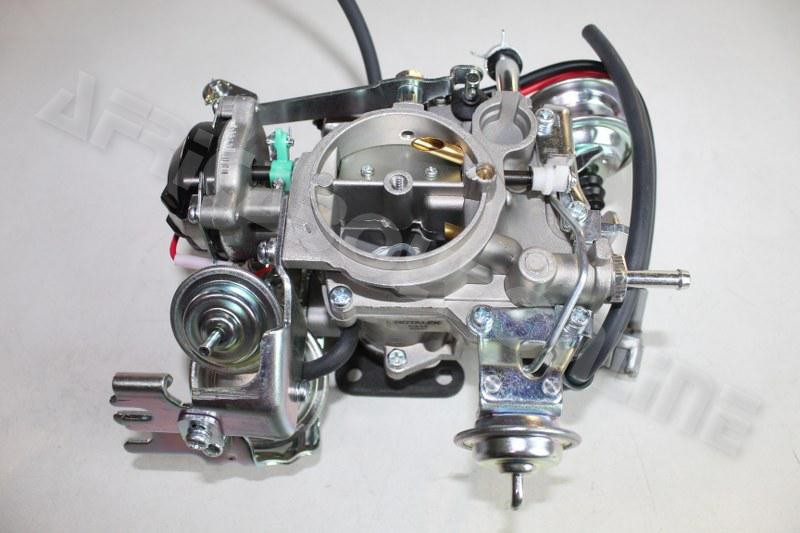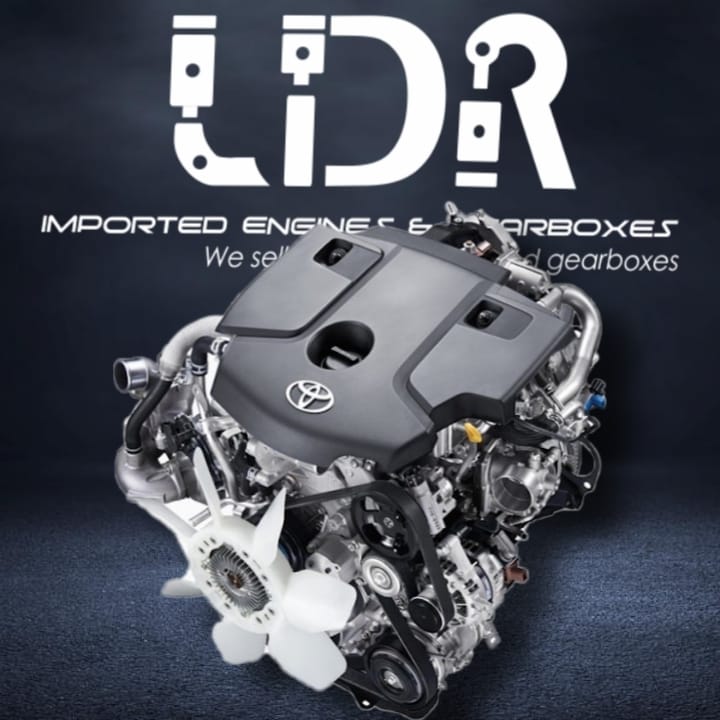Toyota Tazz: Understanding Its Popularity in the Used Car Market
Toyota Tazz: Understanding Its Popularity in the Used Car Market
Blog Article
Explore the current Patterns in Engine Technology With Tazz
In the swiftly advancing landscape of automobile innovation, Tazz stands at the forefront, highlighting significant advancements in engine systems that prioritize both development and sustainability. tazz. From crossbreed engines that maximize fuel effectiveness to the emergence of hydrogen gas cells, the patterns shaping contemporary powertrains are not only enhancing performance however additionally addressing important environmental challenges. As the market continues to press boundaries, it is crucial to take into consideration just how these advancements will affect future transport options and the more comprehensive effects for global power consumption. What lies in advance in this essential improvement?
Hybrid Engine Innovations
Hybrid engine advancements represent a critical change in automobile technology, combining the advantages of interior combustion engines with electric propulsion systems. This assimilation not just improves gas efficiency yet likewise minimizes discharges, conference increasingly rigid environmental regulations. By using both power resources, hybrid engines can optimize performance, providing power when required while preserving fuel throughout less demanding driving conditions.
Recent advancements in crossbreed modern technology consist of improvements in battery effectiveness and regenerative stopping systems. These advancements permit for higher energy recuperation throughout slowdown, which can be rerouted to assist in acceleration or power accessory systems. In addition, makers are concentrating on lightweight products and compact styles to optimize the performance of hybrid powertrains.
The development of plug-in hybrids has likewise increased the marketplace, enabling drivers to charge their automobiles making use of typical electric outlets. This feature typically enables for substantial all-electric array, more lowering dependancy on traditional fuels. tazz. As the automobile industry remains to evolve, hybrid engine technologies are expected to play an important function in connecting the space between traditional cars and completely electric models, providing a transitional solution that accommodates varied customer requirements and preferences
Developments in Electric Powertrains
The automobile landscape is rapidly developing, with electric powertrains becoming a leading pressure in sustainable transportation. Advancements in electric lorry (EV) modern technology are dramatically improving user, efficiency, and effectiveness experience. Secret developments consist of enhancements in battery chemistry, which have increased power density, lowered charging times, and expanded general battery life.
Solid-state batteries, for example, assure to reinvent the market by supplying higher safety and security and effectiveness contrasted to standard lithium-ion cells. Advancements in regenerative stopping systems are enabling automobiles to recoup energy throughout slowdown, contributing to general efficiency.
Along with battery modern technology, electric motor styles are coming to be much more advanced. Technologies such as integrated motors and progressed thermal management systems are aiding to maximize power delivery and lower weight, eventually boosting lorry characteristics.

Jointly, these developments emphasize the commitment to change in the direction of cleaner, extra reliable transport solutions, placing electrical powertrains at the leading edge of vehicle advancement.
The Increase of Hydrogen Fuel Cells
Increasingly, hydrogen gas cells are try this out obtaining grip as a feasible option to conventional internal burning engines and battery electrical cars. This technology harnesses the chemical power kept in hydrogen, converting it right into power with an electrochemical reaction with oxygen. The primary result of this process is water, making hydrogen fuel cells an eco friendly option with absolutely no discharges at the tailpipe.

Car manufacturers are significantly investing in hydrogen fuel cell innovation, identifying its possibility for long-range applications and rapid refueling capabilities that match traditional gas. Additionally, industries such as durable transportation and public transportation are specifically fit for hydrogen gas cells, where battery electrical remedies may fall short due to weight and range limitations.
As research study and financial investment proceed to broaden, hydrogen gas cells are positioned to play a considerable function in the future landscape of tidy transport and energy options.
Enhancements in Internal Combustion Engines
Developments in internal burning engine (ICE) innovation are transforming typical automobiles to satisfy modern ecological requirements and performance assumptions. Direct gas shot, for instance, permits for much better atomization of gas, leading to more complete burning and enhanced power result.
Furthermore, turbocharging has obtained importance, allowing smaller sized engines to deliver greater performance without the weight of bigger engines - tazz. This technology not just increases performance however also adds to lower fuel intake. Variable valve timing systems are additionally being fine-tuned, making it possible for engines to adapt to numerous driving conditions for enhanced torque and responsiveness
In addition, using light-weight materials in engine construction is coming to be basic, more enhancing gas performance by decreasing total vehicle weight. Engine control systems (ECUs) are significantly sophisticated, making it possible for real-time adjustments that enhance efficiency and emissions.
These enhancements jointly indicate a pivotal shift in ICE modern technology, aligning with global sustainability goals while still supplying the efficiency drivers anticipate from their lorries. As the sector develops, these renovations remain to form the future of typical automotive engineering.
Future Patterns in Engine Effectiveness
Substantial innovations in engine effectiveness are prepared for as suppliers concentrate on integrating advanced innovations to meet stringent ecological laws and customer demands. The shift visit here towards electrification, hybrid systems, and alternative fuels is reshaping the automotive landscape, driving developments that improve fuel economic climate and minimize discharges.
One of the essential trends is the application of advanced materials and manufacturing strategies. High-strength alloys and light-weight composites add to reduced vehicle weight, hence boosting general effectiveness. Furthermore, the adoption of turbocharging and variable shutoff timing modern technologies enables enhanced power output from smaller sized engines, better boosting fuel economy.

Verdict
To conclude, the expedition of engine innovation discloses considerable innovations that prioritize sustainability and performance. Developments index in crossbreed engine systems, electric powertrains, and hydrogen fuel cells show a commitment to minimizing emissions while boosting performance. Moreover, improvements in interior burning engines and a concentrate on light-weight materials add to general engine effectiveness. As the vehicle industry continues to advance, these patterns will certainly play a vital function in shaping a cleaner and more sustainable future for transport.
From hybrid engines that enhance fuel effectiveness to the introduction of hydrogen gas cells, the fads forming modern-day powertrains are not just improving efficiency however additionally resolving important ecological challenges.Hybrid engine technologies stand for a pivotal change in automotive innovation, incorporating the advantages of inner combustion engines with electrical propulsion systems.In addition, turbocharging has obtained prominence, enabling smaller engines to provide higher efficiency without the weight of bigger engines. In addition, the adoption of turbocharging and variable valve timing technologies allows for boosted power outcome from smaller engines, even more enhancing fuel economy.
Improvements in inner burning engines and a focus on lightweight products add to total engine performance.
Report this page